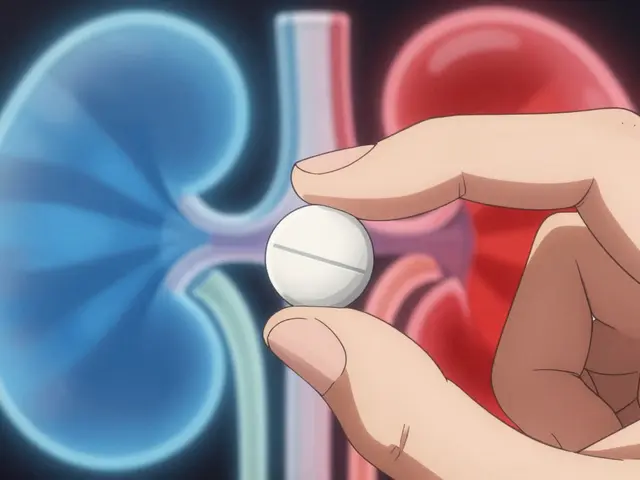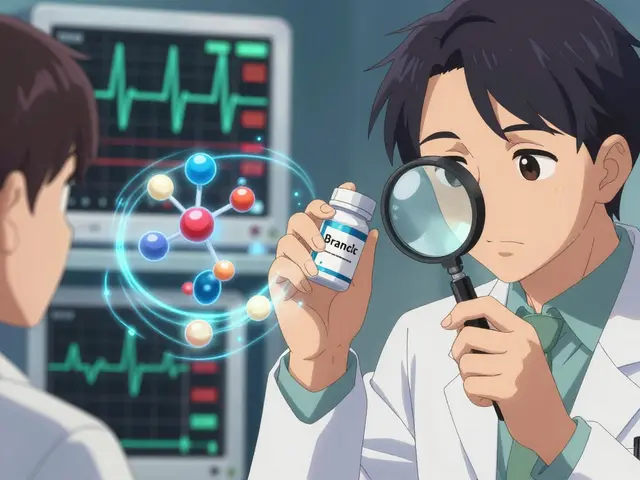Calcitriol: What It Is, How It Works, and Why It Matters for Men's Health
When your body needs to absorb calcium from food or maintain strong bones, it doesn’t use regular vitamin D—it uses calcitriol, the biologically active form of vitamin D that directly regulates calcium and phosphate levels in the blood. Also known as 1,25-dihydroxyvitamin D3, it’s not something you get from supplements or sunlight—it’s made in your kidneys after your body processes vitamin D from food or sun exposure. Without enough calcitriol, your bones weaken, your muscles tire out, and your parathyroid glands go into overdrive trying to compensate.
This is especially important for men with kidney disease, low parathyroid function, or those on long-term steroid treatments. calcitriol, a hormone-like compound that acts on the intestines, kidneys, and bones tells your gut to pull in more calcium, your kidneys to hold onto it instead of flushing it out, and your bones to release it only when absolutely needed. When your kidneys aren’t working right, they can’t make enough calcitriol—and that’s when doctors prescribe it as a medication. It’s not a vitamin supplement. It’s a hormone treatment that needs careful dosing.
Men with chronic kidney disease often rely on calcitriol to prevent bone fractures and avoid dangerous calcium imbalances. It also plays a role in immune function and muscle strength, which is why some men with persistent fatigue or unexplained muscle weakness get tested for calcitriol levels. parathyroid hormone, a key regulator that works in tandem with calcitriol to maintain blood calcium can spike if calcitriol drops, leading to bone loss and high blood calcium. And while calcitriol doesn’t directly treat conditions like BPH or erectile dysfunction, it supports the underlying systems—like hormone balance and calcium metabolism—that affect overall male health.
You won’t find calcitriol on the shelf at your local pharmacy. It’s a prescription drug, often used when other vitamin D forms fail. If you’ve been told your vitamin D levels are normal but you still feel weak or have bone pain, your doctor might check your calcitriol levels instead. It’s not about how much vitamin D you take—it’s about whether your body can turn it into the active form your system actually needs.
The posts below cover real-world cases where calcitriol fits into broader health management—whether it’s balancing hormones, supporting kidney function, or avoiding dangerous side effects from other medications. You’ll find practical guides on how calcitriol interacts with statins, thyroid meds, and blood pressure drugs—because in men’s health, nothing works in isolation.

Calcitriol’s Role in Prenatal and Infant Development - Why It Matters
Explore why calcitriol, the active form of vitamin D, is vital for fetal bone growth, brain development, and infant health, and learn how to ensure enough through sunlight, diet, and safe supplementation.




